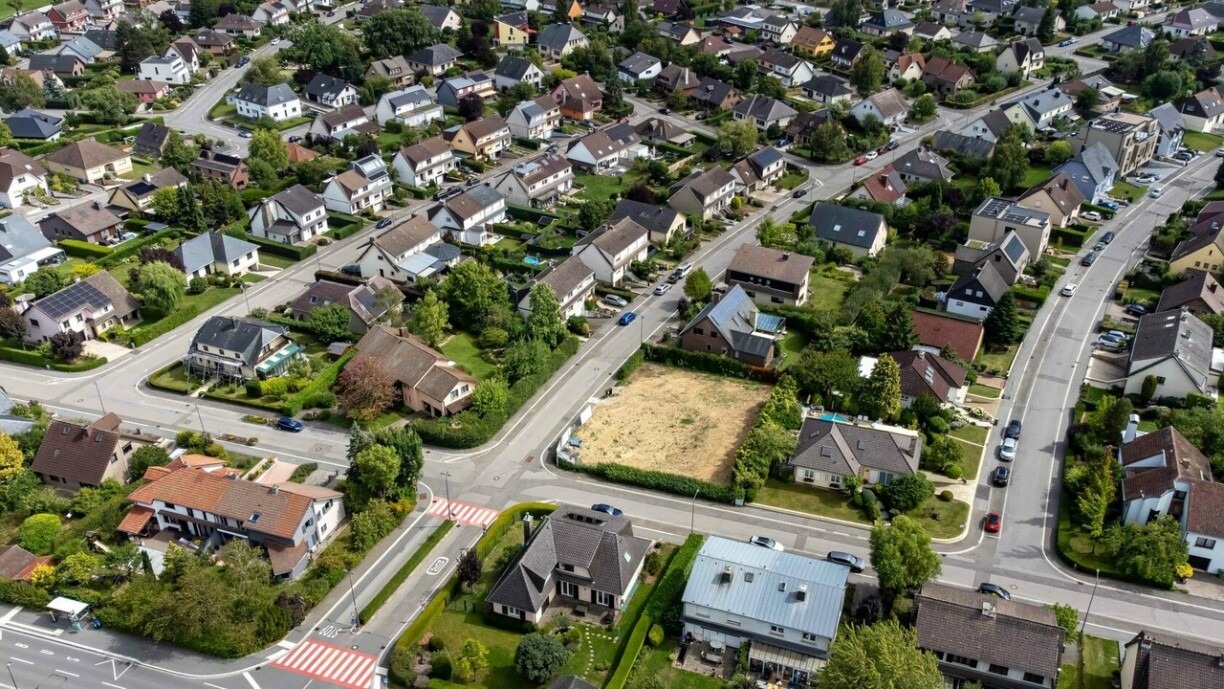
Speaking on RTL Infos’ podcast La Bulle Immo last week, the Housing Observatory’s director, Antoine Paccoud, explained that while the Grand Duchy’s existing data sources offer rough estimates, they lack precision.
The most recent census conducted by the National Statistics Institute (Statec) in 2021, which was carried out under Covid-19 restrictions, recorded about 250,000 households, split almost evenly between houses and apartments. However, Statec’s method assumes one household equals one dwelling, which, Paccoud stressed, is inaccurate.
For instance, a property listed as a single-family home could actually contain multiple flats or rented rooms. Without inspections or updated records, such discrepancies go unnoticed – making it possible for a landlord to declare €3,000 in rent while collecting €10,000 from ten separate tenants.
The Housing Observatory sees local authorities as key to correcting these records: physical checks, such as counting letterboxes or reviewing separate utility corrections, can reveal subdivisions.
Municipalities already have access to an IT tool from the intermunicipal association SIGI to track households, but usage varies. Esch and Dudelange use it actively, whereas Luxembourg City collects minimal data for administrative convenience, despite its high housing turnover.
The upcoming National Register of Buildings and Dwellings (RBL) hopes to standardise records nationwide. Paccoud expects it to take about a year to become fully operational, but says municipalities could already start mapping their housing stock instead of waiting.
This current lack of reliable housing data also has major implications for taxation. The government’s planned property tax reform was split into two bills: a tax on unoccupied dwellings (INOL), postponed until the RBL is ready, and a tax on buildable land (IMOB), designed to encourage the use of developable plots, set to take effect in 2029 followed by a trial year.
Paccoud described this as a structural change in how Luxembourg approaches property, housing, and land use. Historically, property rights have been treated as untouchable in Luxembourg, he noted. “For once, we are saying that other priorities matter”, he said, pointing to worsening housing affordability and the growing number of cross-border commuters. “Over time, this will undermine Luxembourg’s ability to develop as it has until now.”
While the timetable is slow, Paccoud sees the reform as a shift towards prioritising public interest over purely protecting landowners’ rights. The legislation still needs parliamentary approval before becoming law.